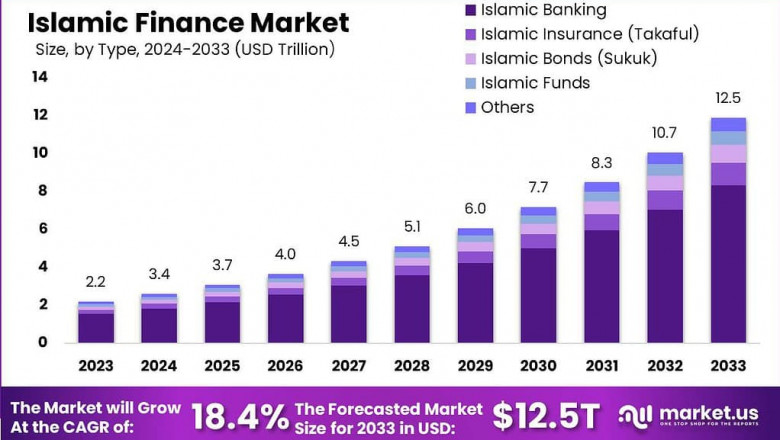An Overview of Technology and Innovation in Las Vegas
-

Download kheloyar Apk to play safe

Experience slot online like never before with LADUNI4D. Trusted by thousand...

Master Top-Rated Digital Marketing Course in Bangalore. Available online &a...

Multigrain Atta for Diabetes: Benefits, Risks, and Best Practices

Andrew Baxter emphasizes setting clear financial goals, understanding risk...

The high speed you need is here with SATHYA Fibernet, Internet Connection i...

The Islamic Finance Market size is expected to be worth around USD 12.5 Tri...

Millets and Diabetes: A Smart Grain Choice for Better Blood Sugar Control











